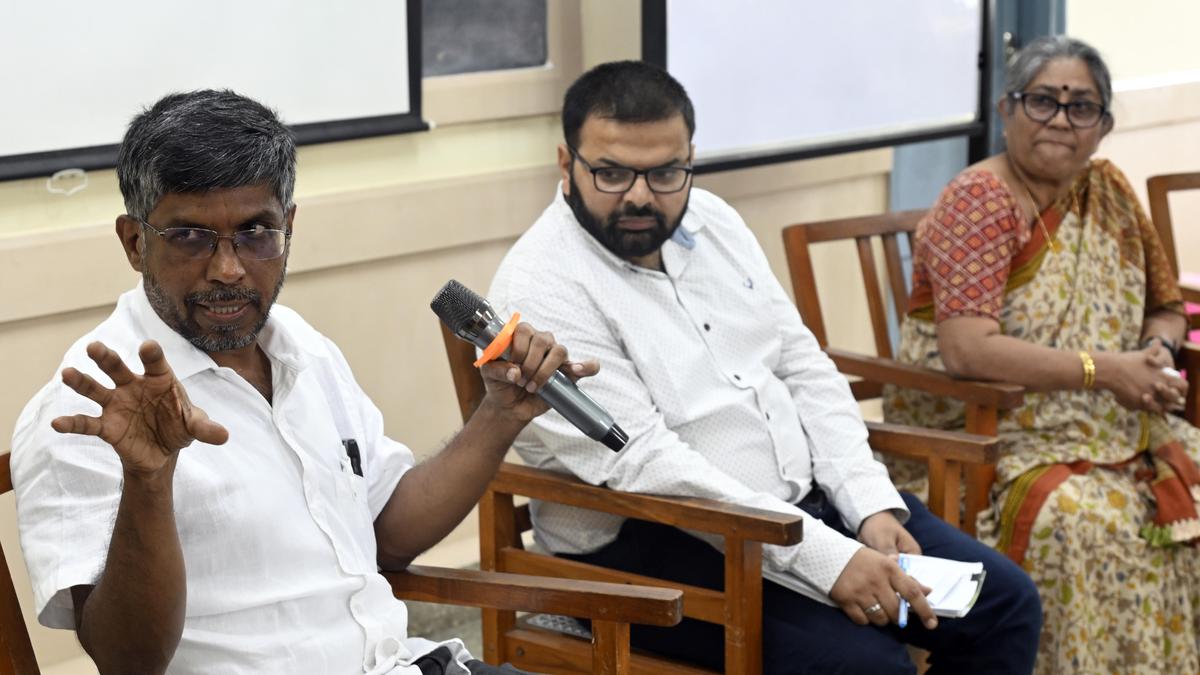Copyright thehindu

Academics, researchers, and civil society members called for time-bound completion of the ongoing Social and Educational Survey in Karnataka, along with the involvement of the civil society and experts on the next stages of the exercise. They emphasised that updated data on the social and economic status of various communities is essential for an equitable development of the State. At a panel discussion organised by the citizens’ collective Bahutva Karnataka on Sunday, speakers underlined that the survey, being conducted by the Karnataka State Backward Classes Commission, was long overdue and critical for shaping evidence-based welfare policies. A. Narayana, academic and writer, said that it was unfortunate that a routine data collection exercise had generated so much controversy. Citing the Supreme Court’s Indira Sawhney judgment, he noted that all States were required to conduct such surveys every ten years to assess social and educational backwardness. ”The Karnataka State Commission for Backward Classes Act, 1995, was enacted to implement this directive. In the absence of reliable data since the 1931 census, this survey is vital to ensure more inclusive development,” Mr. Narayana said. He urged the government to complete the process without delay and publish the findings of the survey. Sunandamma, former Head of the Department of Women’s Studies at Karnataka Women’s University, said that the 2015 report of the Backward Classes Commission had several shortcomings, including a lack of substantiation for some of its key recommendations. Referring to the proposal to move the Kuruba community from category 2A to a new category — 1B — with 12% reservation, she said that the report did not adequately demonstrate the extent of backwardness. Ms. Sunandamma also noted that gender was not factored into the analysis of development indicators. Azhar, a research scholar, pointed out that previous commission reports had shown that religious minorities, particularly Christians and Muslims, were underdeveloped in areas such as education, employment, and sex ratio. “While various schemes exist for minority welfare, there are no comprehensive development policies. This survey can help fill that gap,” he said, adding that poor utilisation of allocated funds has undermined existing welfare programmes. In a statement, Bahutva Karnataka said that the survey offers an opportunity to obtain a realistic picture of how education and economic resources are distributed among different social groups. The collective urged the government to engage the civil society and experts in the next stages of data analysis and presentation, and to ensure that the entire process is transparent, consultative, and completed within a fixed timeline.



